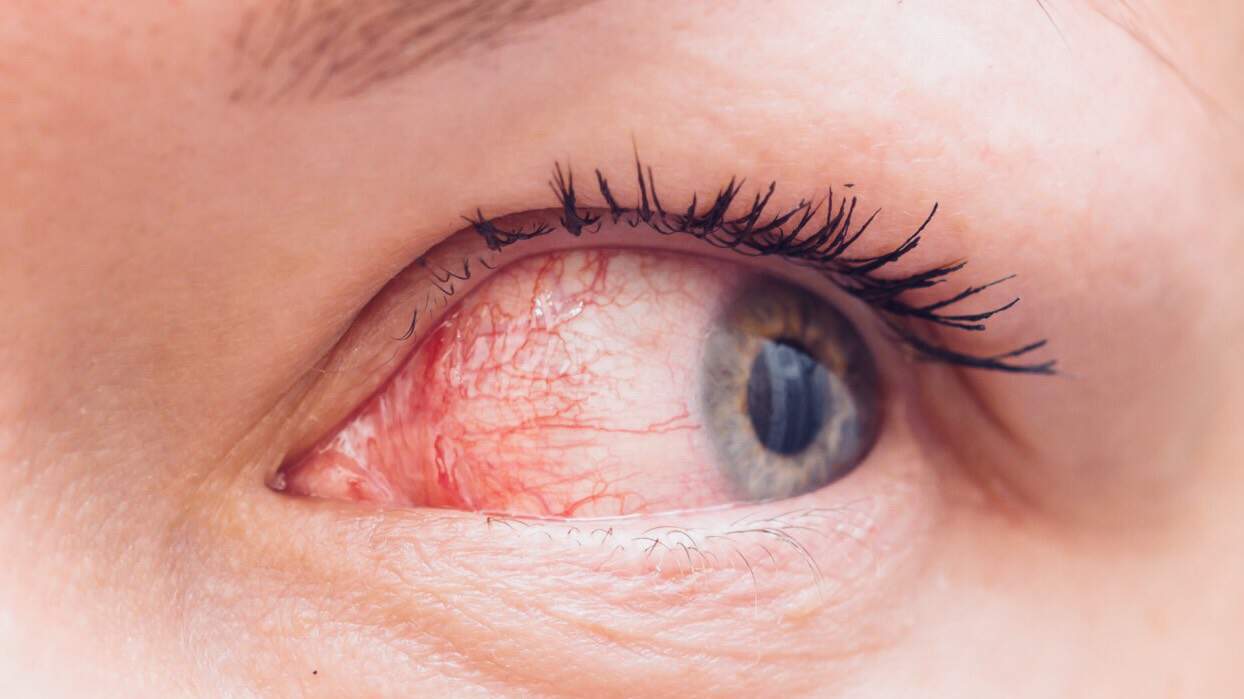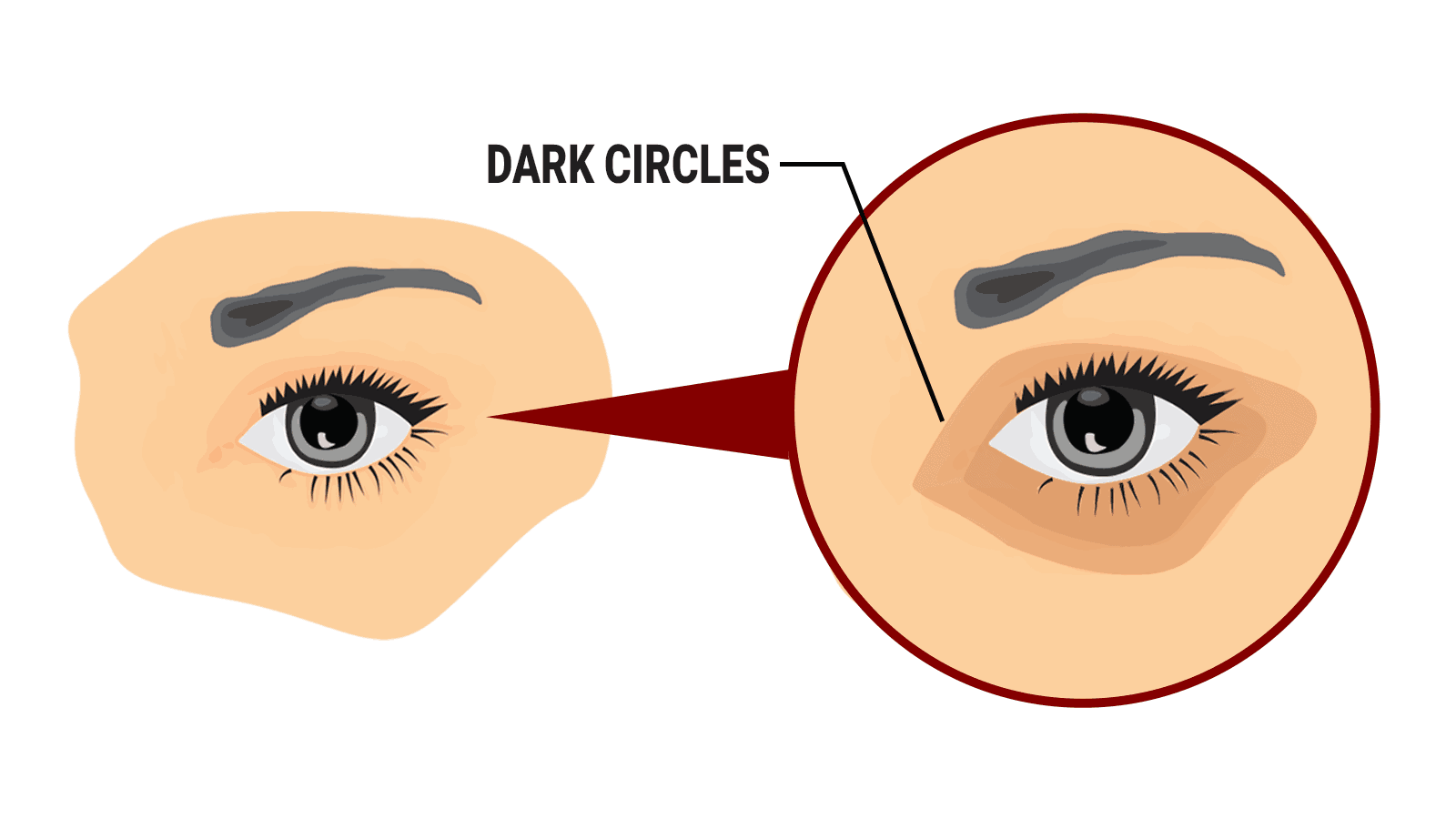Have you ever wondered why your eyes twitch? If you are reading this, there’s a chance you’re wondering why your eyes twitch. Believe me, it’s normal. Eye twitching happens to everyone now and again. It’s not typically painful but can be quite irritating, especially if you have been minding your own business.
So, if you’re wondering why your eyes twitch, know that an eye twitch is a muscle spasm of one or both of the upper and lower eyelids. The technical name for eye-twitching is Myokymia. There are many causes for eye twitching, but most are not incredibly serious. There are also several ways to help reduce the severity of the twitches.
“Twitches are typically benign and should only last for a few weeks. The problem is that once you develop these twitches, they tend to cause a vicious cycle.” – Dr. Donny Suh
Here Are 10 Reasons Why Your Eyes Twitch
- Excessive intake of alcohol
- Bright lights
- Caffeine
- Fatigue
- Irritation of the surface of the eye or inner eyelid
- Physical exertion
- Smoking
- Stress
- Windy weather
- Dry eyes
These sorts of twitches, though irritating, typically go away on their own. More serious and recurring twitches are often something called Benign Essential Blepharospasm, which is a movement disorder (dystonia) of the muscles around the eye. Hemifacial spasms are typically caused by a small artery that repeatedly irritates a facial nerve.
Though these conditions are more serious than the random twitching of Myokymia, they are only more serious in that the twitching is more common and can therefore be more irritating for the eye. There are also a few conditions why your eyes twitch. In other words, they can be symptomatic but are not the only symptom. These conditions include:
- Tourette’s Syndrome
- Bell’s Palsy
- Multiple Sclerosis
Why Your Eyes Twitch and How to Fix It
While the abovementioned twitching is involuntary and often irritating, there are things we can do to reduce the occurrence. These include:
- Reducing your intake of caffeine, tobacco, and alcohol
- Getting enough sleep
- Keeping the surface of your eye lubricated using artificial tears or over-the-counter eye-drops
- Applying a warm compress to your eye when twitching begins
- Taking an antihistamine tablet or using antihistamine eye-drops
There is no known cure for Benign Essential Blepharospasms but there are ways to reduce the severity of the twitches, the most common being injecting Botox into the muscles of the eye to help reduce the contraction and twitches within the muscle. This is also often used in Hemifacial Spasms. Apart from this, there are several medications your doctor may prescribe to ease the twitches.
Whatever treatment is suggested for your eyes twitching, it is important to remain calm and positive during the twitching episode. Also, try not to feel self-conscious from this, as it is incredibly normal and nothing to be ashamed of. Listen to your body and consider seeking medical attention if the twitching persists after a week.
If you find eye twitching is happening more frequently, take note of the times that they occur. Also, log what you have been eating and drinking during this time. Note if you have been getting enough sleep, as well as recording your current stress levels. If you notice the spasms occurring around bedtime, try to go to bed thirty minutes to an hour earlier to ensure that you are getting enough sleep and to provide your eyelids with a chance to rest.
Final thoughts
Positive thinking, a positive attitude, eating well, limiting your tobacco use, and getting enough sleep are typically enough to prevent or minimize the frequency of your eyes twitching. At the end of the day, you are likely the only one who notices it, so there is no need to feel embarrassed. Twitching eyes are completely normal and there is typically nothing to worry about.


















